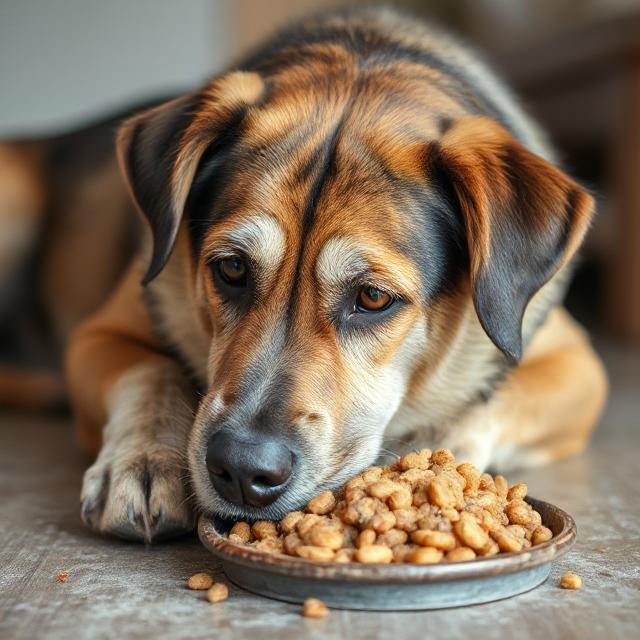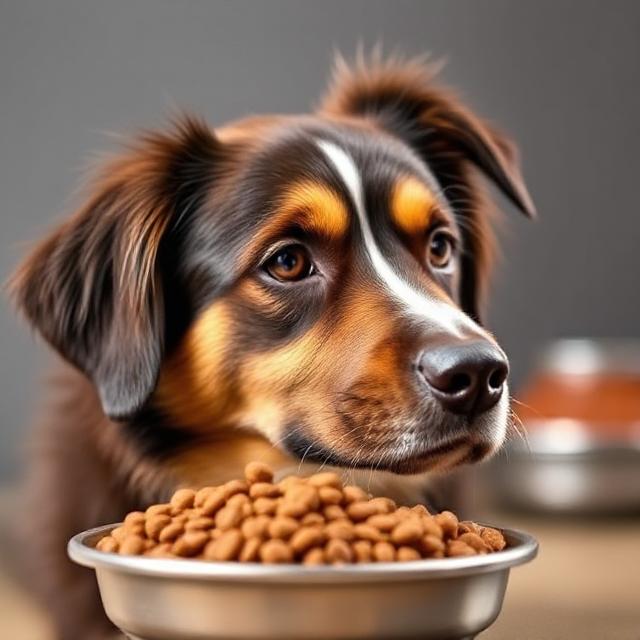Labrador Retriever Puppy Guide: What to Expect in the First Year
A Labrador Retriever puppy blends fascinating characteristics like happy temperament and energetic nature and unchanging curiosity. Laboratory Retrievers are extremely playful and smart while they are extremely loyal that makes them extremely good family pets. A Labrador Retriever puppy requires committed care along with waiting abilities as well as precise knowledge about their body growth phases. The following detailed guide outlines what your puppy will experience during its first twelve months including training as well as feeding and socialization routines and patterns of development.
Month-by-Month Developmental and Growth Calendar
0-8 Weeks: The Foundations
The entirety of the development stage of puppies must occur with mother and littermates for at least 8 weeks.
Small puppies learn social skills and bite control.
Human contact must start slowly for the formation of social relations.
8-12 Weeks: Welcome Home
Time to bring your Labrador puppy home!
Start crate training and potty training.
Start basic commands like “sit” and “come.”
First vaccinations usually begin in this stage.
3-4 Months: Teething and Exploration
Look for biting and chewing as the baby teeth erupt.
Provide comfortable chew toys to ease discomfort.
Socialization with humans, other animals, and new places must continue.
Brief walks and fundamental obedience training must be a daily routine.
5-6 Months: Adolescence Begins
Your Lab may push boundaries and become more independent.
Reward training with consistency and praise.
Neutering or spaying is generally considered now (consult your vet).
Add exercise as they get more energetic.
7-9 Months: More Energy, More Training
High-energy period: regular physical and mental stimulation is key.
Continue with leash training and socialization.
Watch for signs of behavioral regression (normal, so be patient!).
10-12 Months: Approaching Adulthood
Most Labs are close to their adult size now.
Continue to reinforce good behavior and commands.
Maintain a consistent feeding and exercising routine.
Transition to adult dog food as recommended by your veterinarian.
Training Tips for Labrador Puppies
Crate Training
Make the crate a comfortable, safe space.
Never use the crate for punishment.
Helps with housebreaking and preventing destructive behavior.
Potty Training
Establish a routine: after meals, naps, and play.
Praise and reward success with treats.
Clean up accidents thoroughly to remove scent markers.
Basic Commands
Teach basic commands early: sit, stay, come, leave it.
Use positive training only.
Training sessions must be short (5-10 minutes) and frequent.
Socialization is the Key
Proper socialization is critical in your Labrador’s first year.
Introduce your puppy to lots of different people, places, sounds, and situations.
Puppy classes can be a huge assistance.
Socialization reduces fear and builds confidence.
Nutrition for a Growing Lab Puppy
Feeding Guidelines
Feed a quality puppy food formulated specifically for large breeds.
Follow the feeding chart on the food package or your vet’s recommendations.
Puppies typically need 3-4 meals a day until 6 months of age.
Treats and Chews
Use healthy treats for training reward.
Do not overfeed treats so there is no weight gain.
Provide dental chews or toys to help with teethi
Common Health Concerns
Vet Visits
Plan regular wellness checkups.
Stay on schedule with vaccinations, flea/tick prevention, and deworming.
Conclusion
Your Labrador Retriever puppy’s first year is a time of growth, learning, and love. With proper training, socialization, nutrition, and veterinary attention, your puppy will grow into a healthy and happy adult dog. Don’t forget, patience and consistency are your best friends as you guide your Lab through their development years.
For more puppy care guidance and breed-related tips, subscribe to our blog at PetlifeArena!





Post Comment